Table of Contents
About the Author
Naoki Higashida was born in 1992 and diagnosed with autistic tendencies in 1998. He subsequently attended schools for students with special needs and graduated in 2011. He has published several works of fiction and non-fiction and won awards for his writing. He also gives talks about autism and writes a blog. He lives in Kimitsu, Japan.
THE REASON I JUMP
Naoki Higashida
Translated by KA Yoshida and David Mitchell
with an Introduction by David Mitchell

www.sceptrebooks.com
First published in Great Britain in 2013 by Sceptre
An imprint of Hodder & Stoughton
An Hachette UK company
Copyright Naoki Higashida 2007
Translation KA Yoshida and David Mitchell 2013
Illustrations Kai and Sunny 2013
The right of Naoki Higashida to be identified as the Author of the Work has been asserted by him in accordance with the Copyright, Designs and Patents Act 1988.
All rights reserved.
No part of this publication may be reproduced, stored in a retrieval system, or transmitted, in any form or by any means without the prior written permission of the publisher, nor be otherwise circulated in any form of binding or cover other than that in which it is published and without a similar condition being imposed on the subsequent purchaser.
A CIP catalogue record for this title is available from the British Library
ISBN 9781444776768
Hodder & Stoughton Ltd
338 Euston Road
London NW1 3BH
www.sceptrebooks.com

I NTRODUCTION
The thirteen-year-old author of this book invites you, his reader, to imagine a daily life in which your faculty of speech is taken away. Explaining that youre hungry, or tired, or in pain, is now as beyond your powers as a chat with a friend. Id like to push the thought-experiment a little further. Now imagine that after you lose your ability to communicate, the editor-in-residence who orders your thoughts walks out without notice. The chances are that you never knew this mind-editor existed but, now that he or she has gone, you realize too late how they allowed your mind to function for all these years. A dam-burst of ideas, memories, impulses and thoughts is cascading over you, unstoppably. Your editor controlled this flow, diverting the vast majority away, and recommending just a tiny number for your conscious consideration. But now youre on your own.
Now your mind is a room where twenty radios, all tuned to different stations, are blaring out voices and music. The radios have no off-switches or volume controls, the room youre in has no door or window, and relief will come only when youre too exhausted to stay awake. To make matters worse, another hitherto unrecognized editor has just quit without notice your editor of the senses. Suddenly sensory input from your environment is flooding in too, unfiltered in quality and overwhelming in quantity. Colours and patterns swim and clamour for your attention. The fabric conditioner in your sweater smells as strong as air-freshener fired up your nostrils. Your comfy jeans are now as scratchy as steel wool. Your vestibular and proprioceptive senses are also out of kilter, so the floor keeps tilting like a ferry in heavy seas, and youre no longer sure where your hands and feet are in relation to the rest of you. You can feel the plates of your skull, plus your facial muscles and your jaw: your head feels trapped inside a motorbike helmet three sizes too small which may or may not explain why the air-conditioner is as deafening as an electric drill, but your father whos right here in front of you sounds as if hes speaking to you from a cell-phone, on a train going through lots of short tunnels, in fluent Cantonese. You are no longer able to comprehend your mother-tongue, or any tongue: from now on all languages will be foreign languages. Even your sense of time has gone, rendering you unable to distinguish between a minute and an hour, as if youve been entombed in an Emily Dickinson poem about eternity, or locked into a time-bending SF film. Poems and films, however, come to an end, whereas this is your new ongoing reality. Autism is a lifelong condition. But even the word autism makes no more sense to you now than the word  or
or  or
or  .
.
Thanks for sticking to the end, though the real end, for most of us, would involve sedation, and being sectioned, and what happens next its better not to speculate. Yet for those people born onto the autistic spectrum, this unedited, unfiltered and scary-as-all-hell reality is home. The functions which genetics bestow on the rest of us the editors as a birthright, people with autism must spend their lives learning how to simulate. It is an intellectual and emotional task of Herculean, Sisyphean and Titanic proportions, and if the people with autism who undertake it arent heroes, then I dont know what heroism is, never mind that the heroes have no choice. Sentience itself is not so much a fact to be taken for granted, but a brick-by-brick, self-built construct requiring constant maintenance. As if this wasnt a tall enough order, people with autism must survive in an outside world where special needs is playground slang for retarded, where meltdowns and panic attacks are viewed as tantrums, where disability allowance claimants are assumed by many to be welfare scroungers, and where British foreign policy can be described as autistic by a French minister. (M. Lellouche apologized later, explaining that he never dreamt that the adjective could have caused offence. I dont doubt it.)
Autism is no cakewalk for the childs parents or carers either, and raising an autistic son or daughter is no job for the fainthearted in fact, faintheartedness is doomed by the first niggling doubt that theres Something Not Quite Right about your sixteen-month-old. On Diagnosis Day, a child psychologist hands down the verdict with a worn-smooth truism about your son still being the same little guy that he was before this life-redefining news was confirmed. Then you run the gauntlet of other peoples reactions: Its just so sad; What, so hes going to be like Dustin Hoffman in Rain Man?; I hope youre not going to take this so-called diagnosis lying down!; and my favourite, Yes, well, I told my GP where to go stick his MMR jabs. Your first contacts with most support agencies will put the last nails in the coffin of faintheartedness, and graft onto you a layer of scar-tissue and cynicism as thick as rhino-hide. There are gifted and resourceful people working in autism support, but with depressing regularity government policy appears to be about Band-Aids and fig leaves, and not about realising the potential of children with special needs and helping them become long-term net contributors to society. The scant silver lining is that medical theory is no longer blaming your wife for causing the autism by being a Refrigerator Mother as it did not so long ago (Refrigerator Fathers were unavailable for comment) and that you dont live in a society where people with autism are believed to be witches or devils and get treated accordingly.
Where to turn to next? Books. (Youll have started already, because the first reaction of friends and family desperate to help is to send clippings, web-links and literature, however tangential to your own situation.) Special Needs publishing is a jungle. Many
Next page
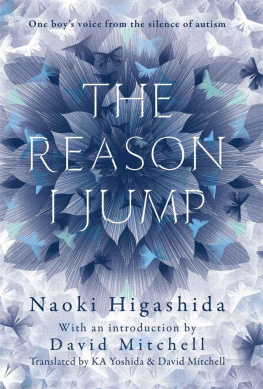
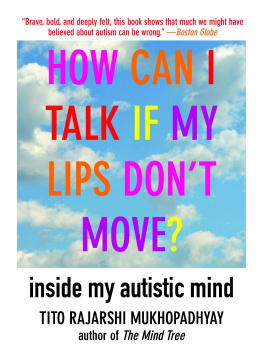

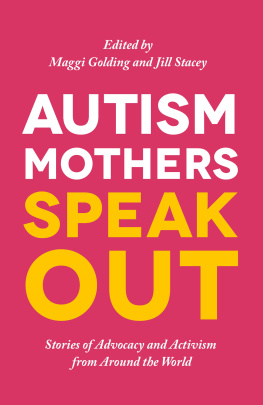
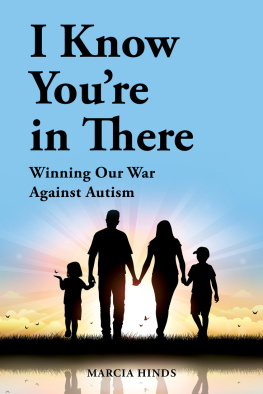
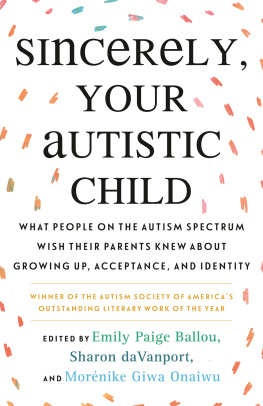
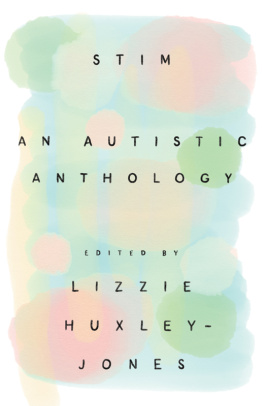
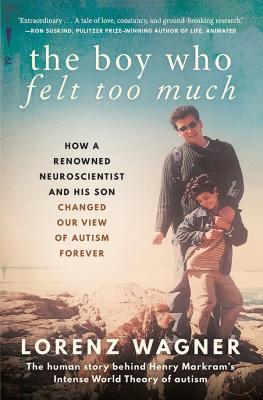
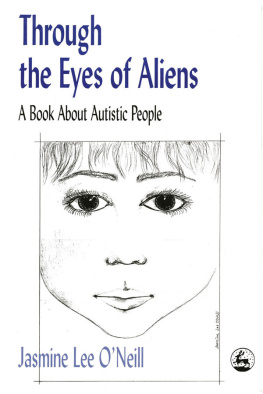


 or
or  or
or  .
.